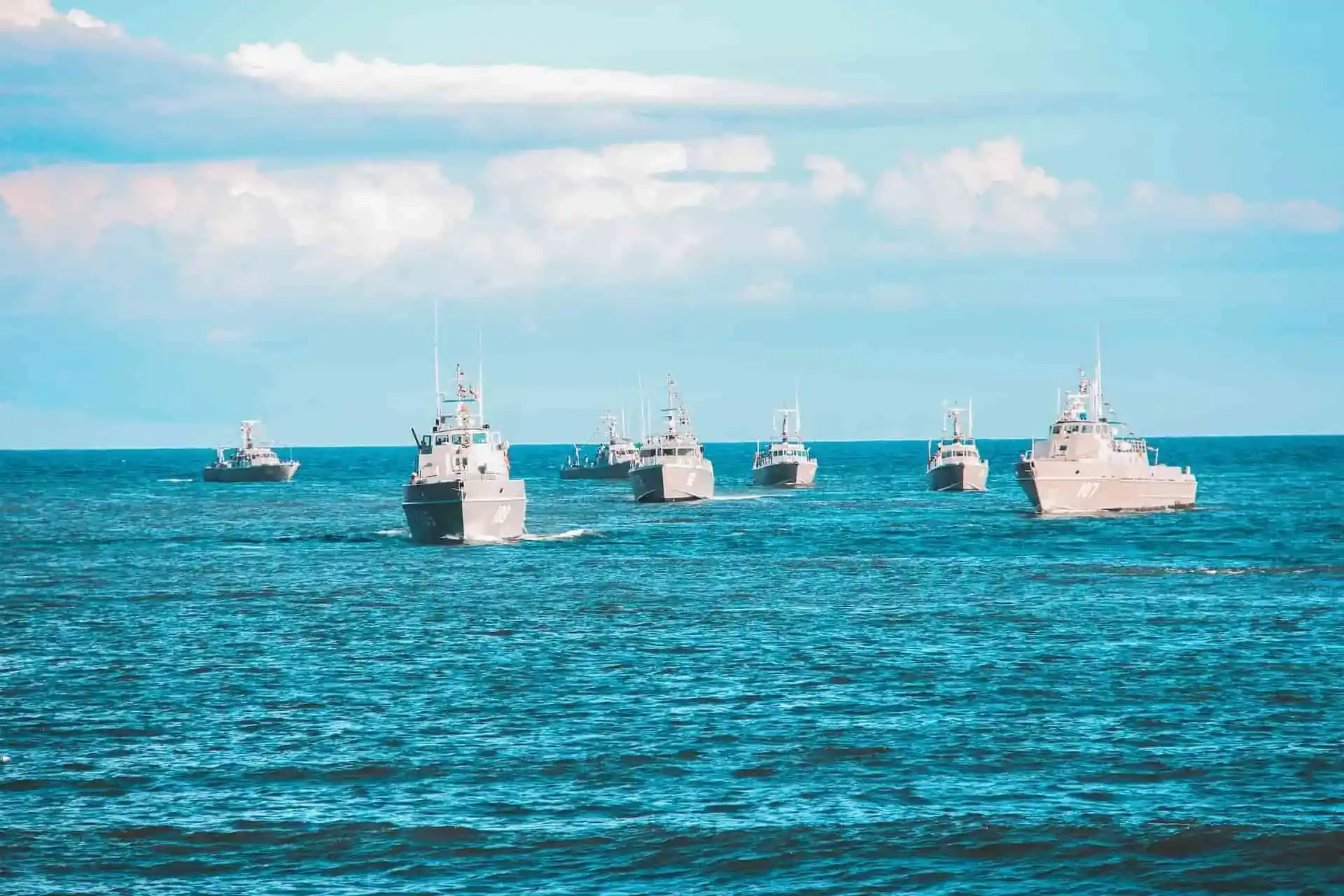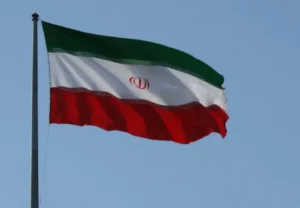U.S. President Joe Biden’s initiative to counter Yemen’s Houthi attacks with a new maritime force encountered reluctance among international allies.

Despite Operation Prosperity Guardian aimed to safeguard Red Sea shipping, major contributors like Italy and Spain distanced themselves publicly from the coalition.
The Pentagon, describing the force as a defensive coalition involving over 20 nations, aimed to ensure unimpeded commerce through the Red Sea waters near Yemen, a critical shipping lane worth billions.
However, nearly half of the participating countries refrained from acknowledging their involvement, highlighting challenges in gathering support. This hesitance partly stemmed from concerns about rifts in the wake of the Gaza conflict. European nations, sensitive to public sentiments increasingly critical of Israel, feared getting embroiled in a broader conflict.
The Iran-backed Houthi assaults on ships using missiles and drones since November have prompted the U.S., Britain, and France to intercept these attacks. President Biden’s administration advocates for a distinct international response to the Houthi aggression, separate from the Gaza conflict.
The Red Sea serves as a vital route for global trade via the Suez Canal, with Houthi attacks redirecting ships around Africa’s Cape of Good Hope, escalating costs and voyage durations.
Denmark’s Maersk resumed operations in the Red Sea, but Germany’s Hapag Lloyd remains cautious, preferring the longer route. While 20 countries pledged support for the maritime task force, the U.S. only disclosed 12 names, allowing nations to announce their participation individually.
Although the EU expressed backing for the maritime task force, some nations mentioned in the U.S. announcement clarified their non-involvement or participation through pre-existing operations. Italy highlighted its response as a move catering to its ship owners’ requests, distancing from the U.S. initiative. Spain refused to join Operation Prosperity Guardian but signaled openness to exploring alternative measures to address the issue.
Saudi Arabia, the United Arab Emirates, and India expressed disinterest or concerns about aligning with the U.S., fearing potential retaliatory Houthi attacks.
Despite the complexities and concerns, diplomatic sources emphasize ongoing discussions to shape the coalition’s efforts. Many European and Gulf nations collaborate within existing U.S.-led military groups in the region, such as the Combined Maritime Forces, offering avenues for cooperative actions even without direct involvement in the Red Sea maritime task force.
The U.S.’s pursuit of international support in the Red Sea region arises amidst increasing pressure from Iran-backed militia across various theaters, underscoring the multifaceted challenges faced by the United States in the Middle East.







